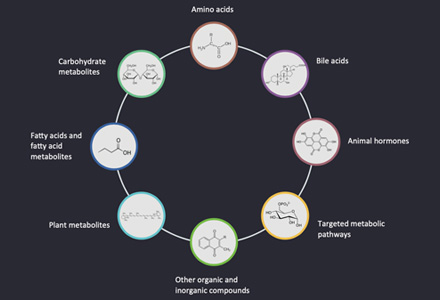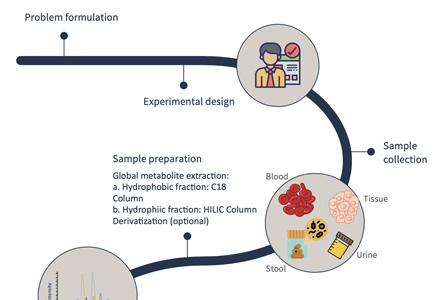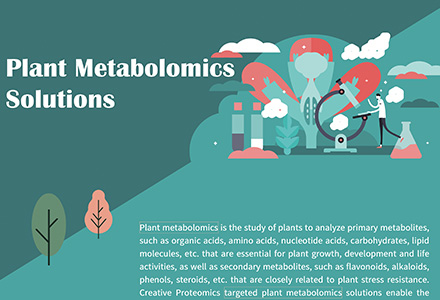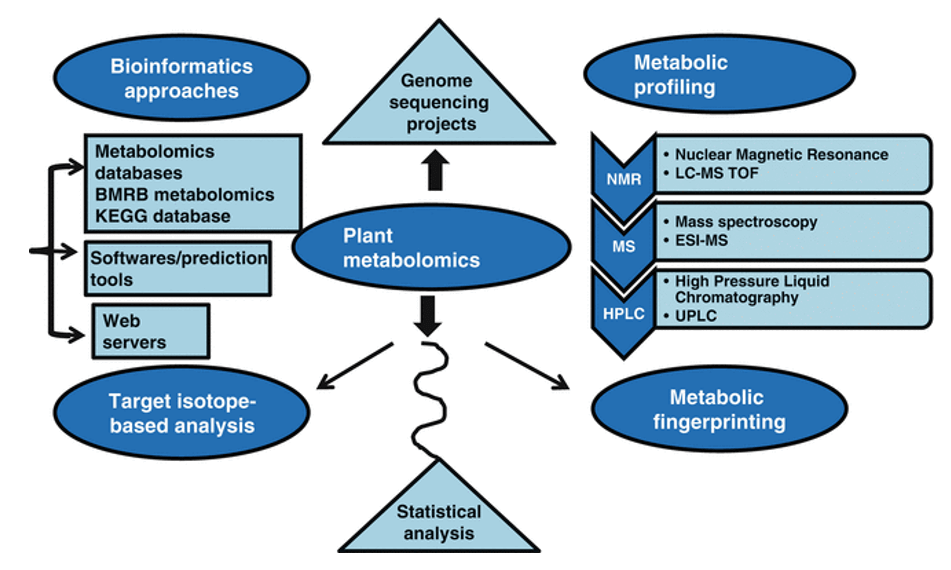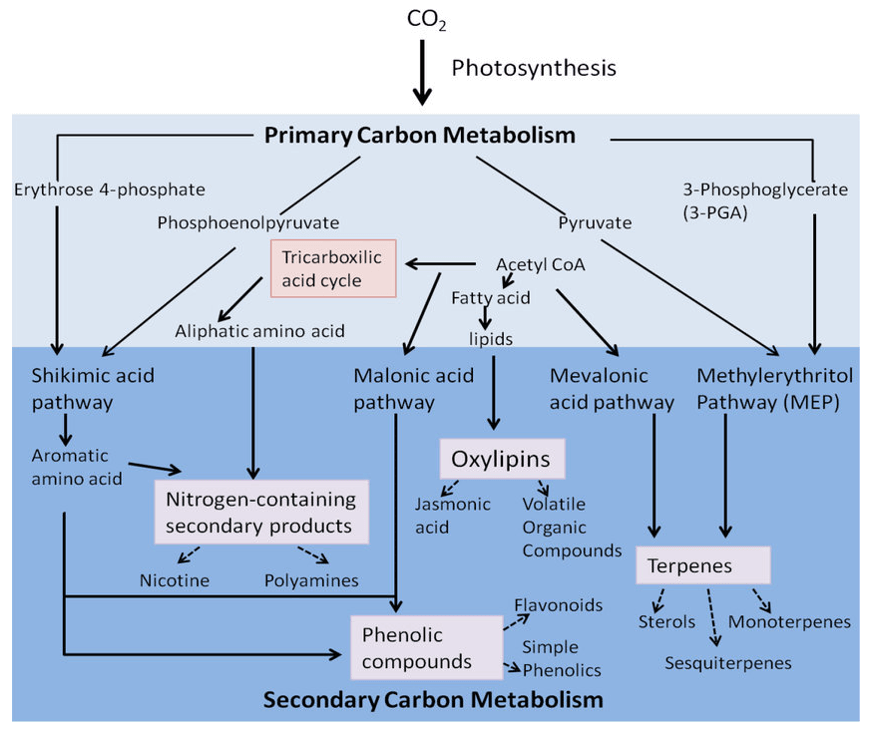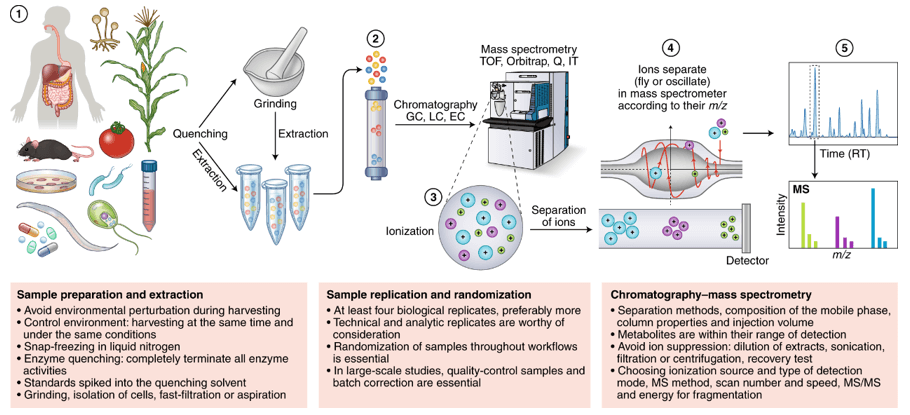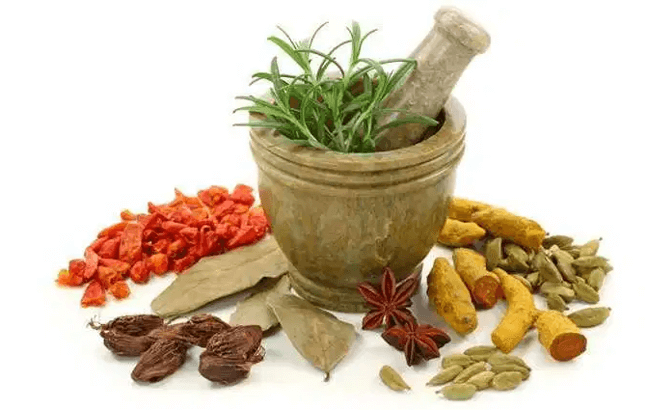Overview
Dihydroflavanones are the hydrogenated derivatives of the double bond at the C2-3 position of flavanones. Most of these plant ingredients have hydroxyl or methoxy group, and those with hydroxyl group at the C3 position are commonly called dihydroflavonols. Dihydroflavanones exist in free form or combined form in the plant kingdom. For example, hesperetin and liquiritin belong to dihydroflavones. The reduction reaction of dihydroflavanones with sodium borohydride can produce purple or blue-red phenomenon, which can be used to distinguish dihydroflavanones from other flavanones. The biological activity of dihydroflavanones has been widely concerned. High performance liquid chromatography (HPLC) is a sensitive analytical technique that enables detection, identification and quantification of a variety of dihydroflavanones by characterizing their chemical structure, even at low abundance. Comprehensive phytohormone profiling helps elucidate a plant’s responses to different conditions such as mutations, stress, and hormone treatments.
Applications of Dihydroflavanones Analysis
- Reveal mechanisms of plant development
- Uncover plant's responses to biotic and abiotic stresses
- Safety assessment of crops
- Crop improvement
Advantages of Our Dihydroflavanones Analysis Service
Excellent dihydroflavanones qualitative and quantitative capabilities. We have automatic analysis system, which can efficiently and accurately complete qualitative and quantitative analysis, ensuring that the results are scientific and reliable.
Individualized experimental scheme. We can provide one-to-one customized services, assign professional project leaders to analyze the whole project, directly and quickly report the progress to customers, and flexibly adjust the project plan according to customers' opinions.
Experienced plant metabolomics technical expert. The Creative Proteomics specialists provide the client with a comprehensive dihydroflavanones analysis program to assist the client in quality management.
Comply with relevant regulations. The service of dihydroflavanones analysis in the Creative Proteomics testing laboratory has been carried out for many years. Creative Proteomics strictly complies with the laws and regulations required by customers, helping customers provide professional reports for dihydroflavanones analysis.
High cost performance. With high-quality service and professional and efficient operation management, Creative Proteomics provides customers with cost-effective dihydroflavanones analysis services and makes a positive contribution to ensuring safety and quality.
Service Workflow
Since different tissues have different matrix properties, Creative Proteomics has developed multiple novel sample preparation techniques. Our services allow the profiling of multiple dihydroflavanones, including hesperetin, liquiritin, etc.

Detector: UV detector
Linear: R>0.999
Time: dozens of minutes, slightly different according to different ingredients
Analysis content:
- Standard curve creation
- Raw data preprocessing
- Absolute quantitation of phytohormones
- Differential coumarins screening
- Optimal analyses
List of Detectable Dihydroflavanones at Creative Proteomics
Sample Requirements
1. Fresh plant tissues from leaf, flower, stem, root, seed, or fruit: >1 g. Provide young plant tissues for the best results. Samples should be frozen in liquid nitrogen immediately after collection, and then transferred to -80°C for storage.
2. Cells stored in -80°C.
At least 3 biological replicates.
Deliverables
- Experimental procedure
- Parameters of HPLC
- Purity analysis report
- HPLC raw data files and HPLC data quality checks
- Metabolites quantification data
- Custom analysis report
HPLC-based profiling of dihydroflavanones enables quantitative analyses of dihydroflavanones in a faster, convenient, and sensitive manner. With decades of experience in HPLC services, Creative Proteomics has a proven track record supporting diverse dihydroflavanones detection and quantification. We can meet your specific project requirements, from sampling to bioinformatics.
For Research Use Only. Not for use in diagnostic procedures.



